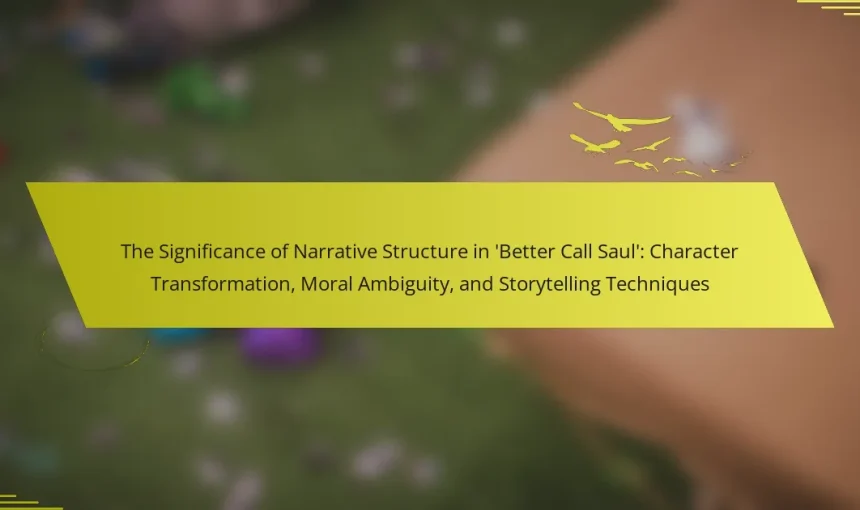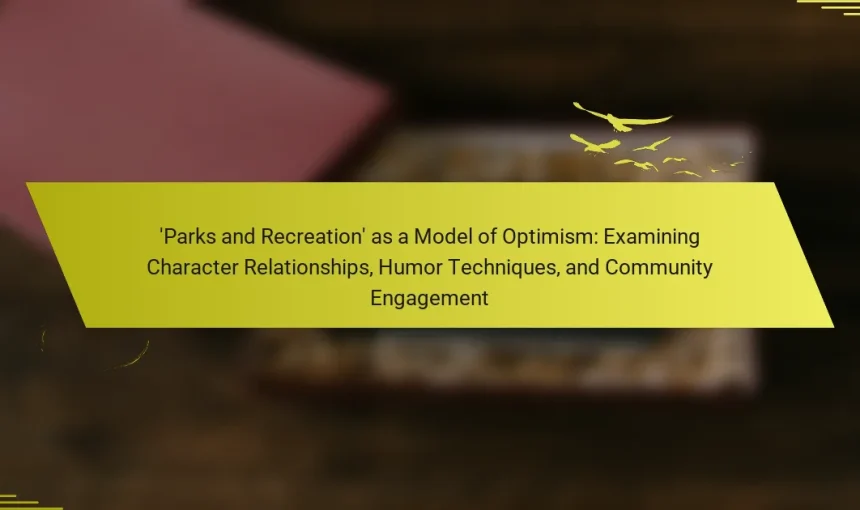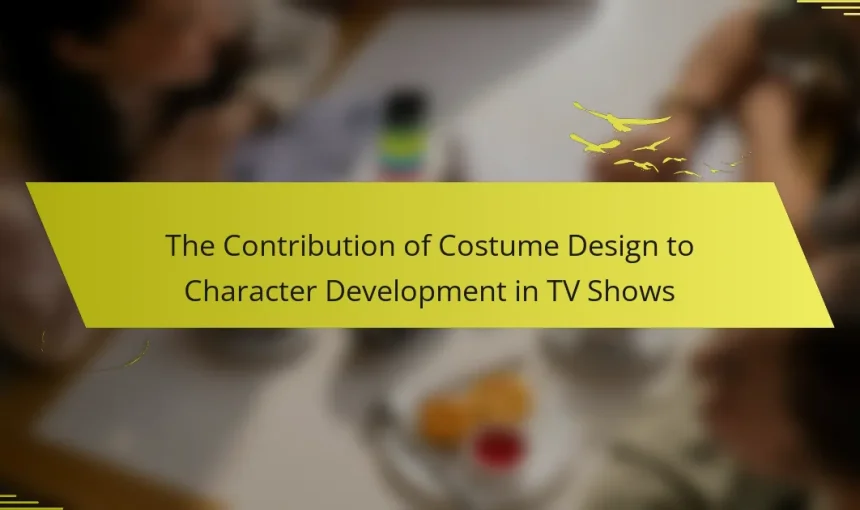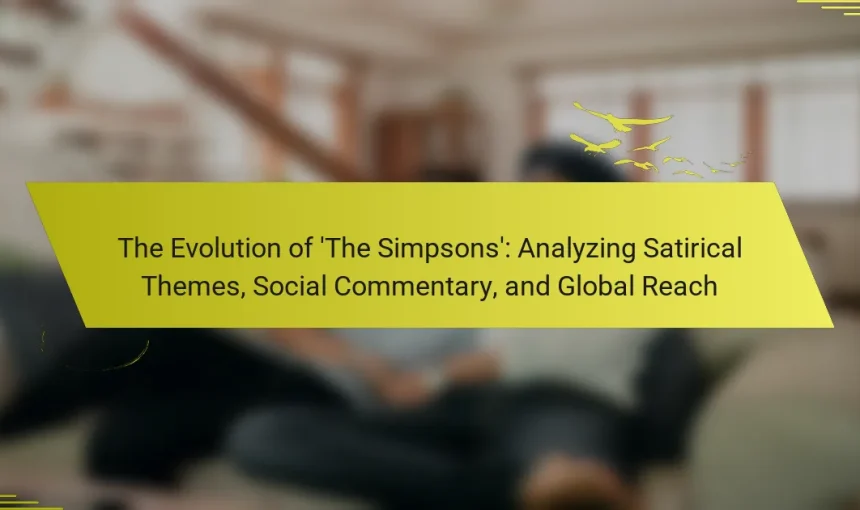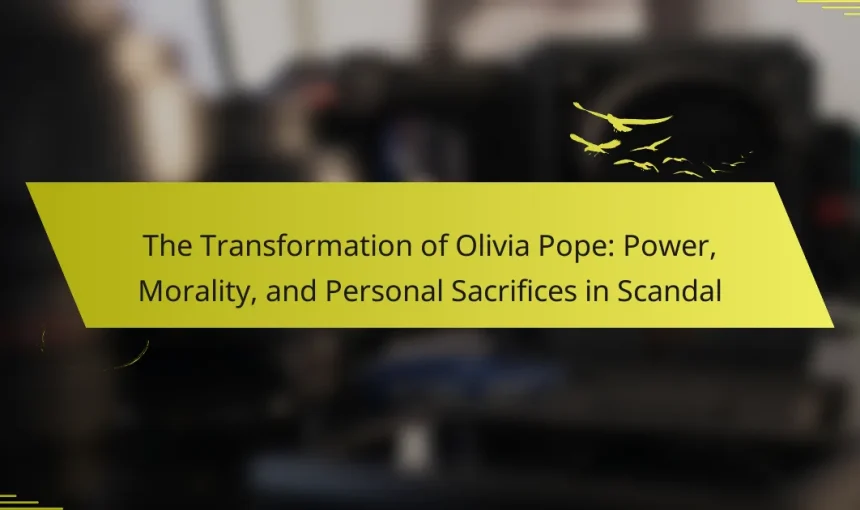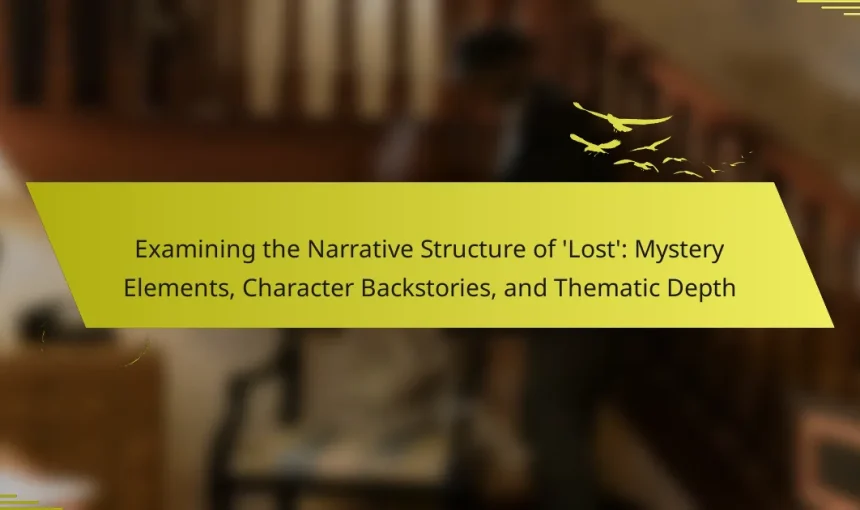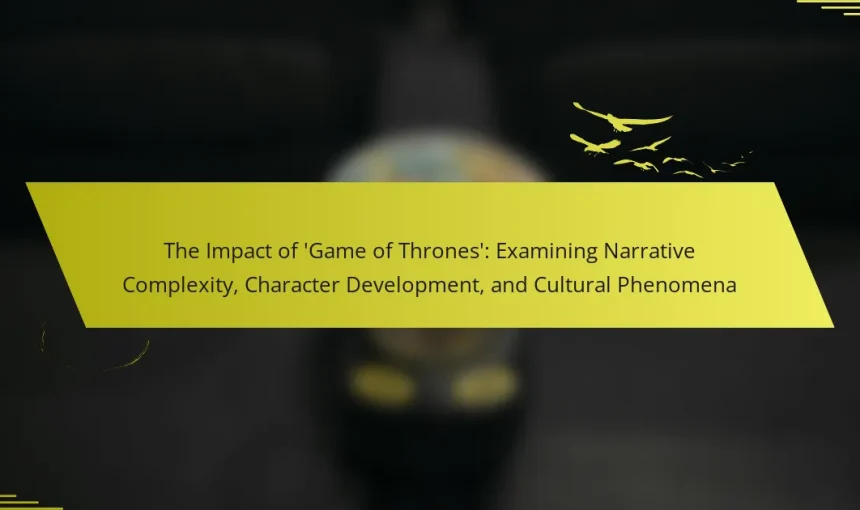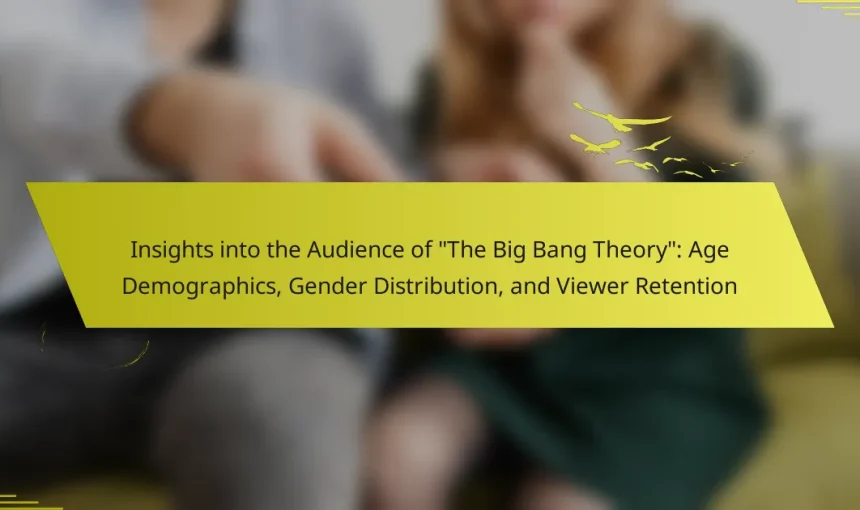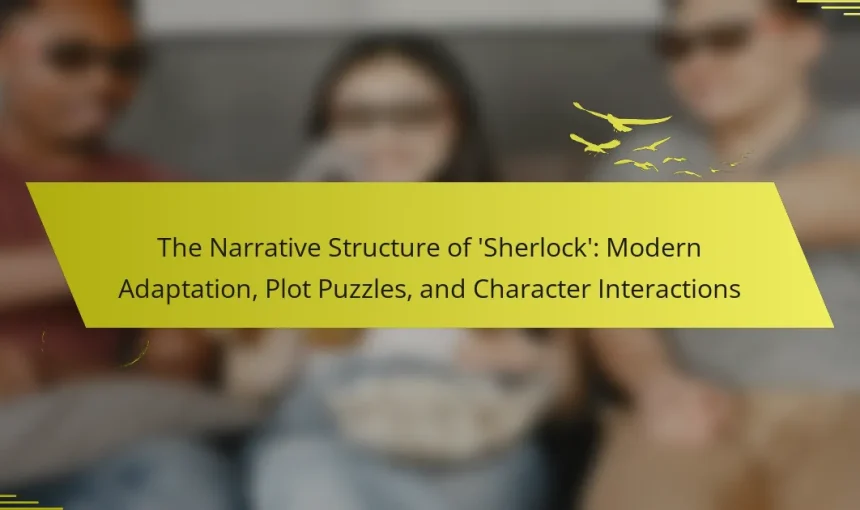The article examines the significance of narrative structure in the television series ‘Better Call Saul,’ focusing on the character transformation of Jimmy McGill into Saul Goodman and the exploration of moral ambiguity. It highlights the use of a nonlinear narrative that incorporates flashbacks and flash-forwards, enhancing character development and building suspense. Key storytelling techniques, such […]
“Parks and Recreation” is a television series that aired from 2009 to 2015, focusing on the Parks Department of the fictional town of Pawnee, Indiana. The article examines how the series serves as a model of optimism through its portrayal of character relationships, humor techniques, and community engagement. Key themes include the importance of civic […]
Costume design is a critical component of character development in TV shows, serving to visually express a character’s personality, background, and evolution. The choices in clothing can convey social status, profession, and emotional states, enhancing storytelling and audience engagement. Effective costume design incorporates authenticity, character alignment, visual storytelling, and cultural relevance, ensuring that costumes accurately […]
‘The Simpsons’ is an iconic animated television series that began in 1987 and became a half-hour prime-time show in 1989. This article explores the evolution of ‘The Simpsons’ through its satirical themes and social commentary, highlighting its impact on global culture and its adaptability to contemporary societal issues. Key topics include the show’s focus on […]
Olivia Pope is the central entity in the analysis of her transformation throughout the television series Scandal. This article examines her evolution from a political fixer to a leader grappling with moral complexities. Key themes include the tension between personal ambition and ethical responsibility, as well as the sacrifices Olivia makes for her loved ones. […]
The Mandalorian is a television series set in the Star Wars universe that employs an episodic narrative structure. Each episode presents a self-contained story while contributing to broader themes and character development, particularly focusing on the protagonist, Din Djarin. The series effectively integrates world-building elements, allowing for a rich exploration of various characters and settings. […]
The article examines the narrative structure of the television series ‘Lost,’ highlighting its non-linear storytelling, character backstories, and thematic depth. It discusses how the use of flashbacks and flash-forwards enhances character development and audience engagement, while the complex timeline creates suspense. Key themes such as fate, free will, redemption, existentialism, and the significance of community […]
‘Game of Thrones’ is a television series that has significantly impacted modern storytelling, particularly in the fantasy genre. The show is recognized for its high production values, intricate narrative complexity, and character development, which have reshaped audience expectations regarding plot depth and character arcs. It has popularized morally ambiguous characters and sparked discussions around themes […]
“The Big Bang Theory” is a popular television series with a primary audience of young adults and teenagers, particularly those aged 18 to 34, comprising a significant portion of the viewership. The gender distribution shows a slight male skew, with approximately 60% male and 40% female viewers. The show has high viewer retention rates due […]
The article examines the narrative structure of the television series ‘Sherlock,’ which adapts classic Sherlock Holmes stories into a contemporary format. It highlights the series’ use of a non-linear timeline, flashbacks, and character interactions to enhance plot development and viewer engagement. Each episode presents a self-contained mystery while contributing to overarching themes and character arcs. […]
